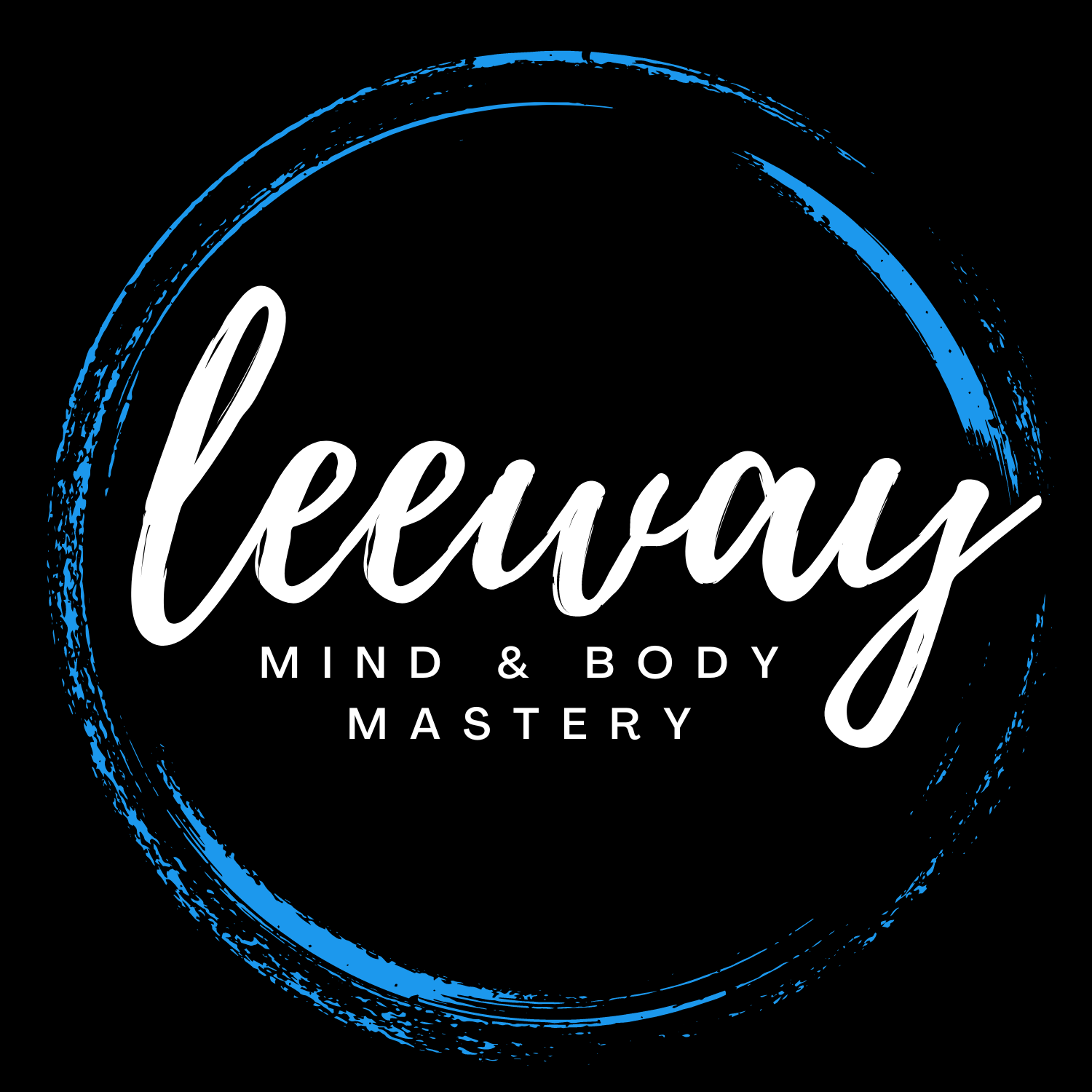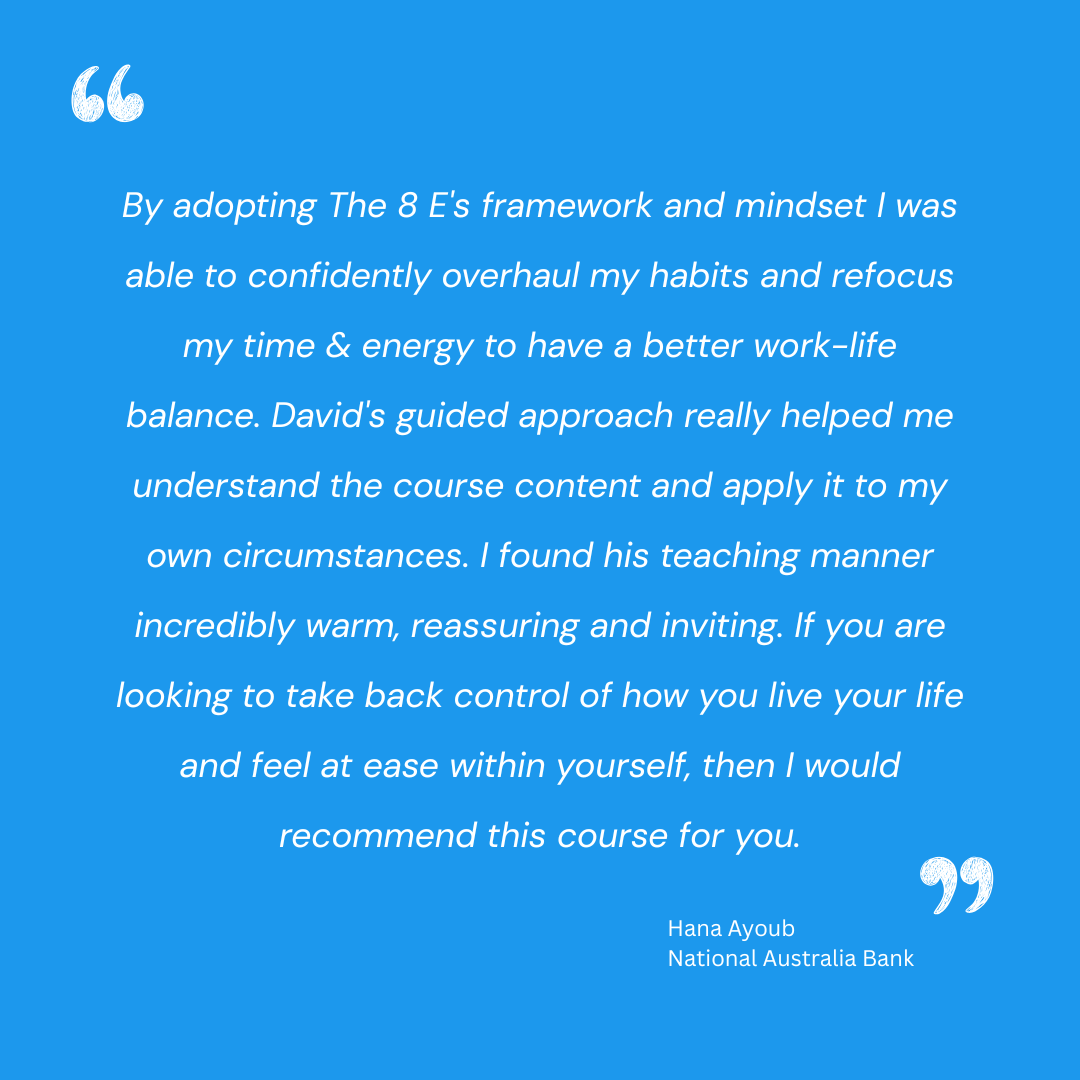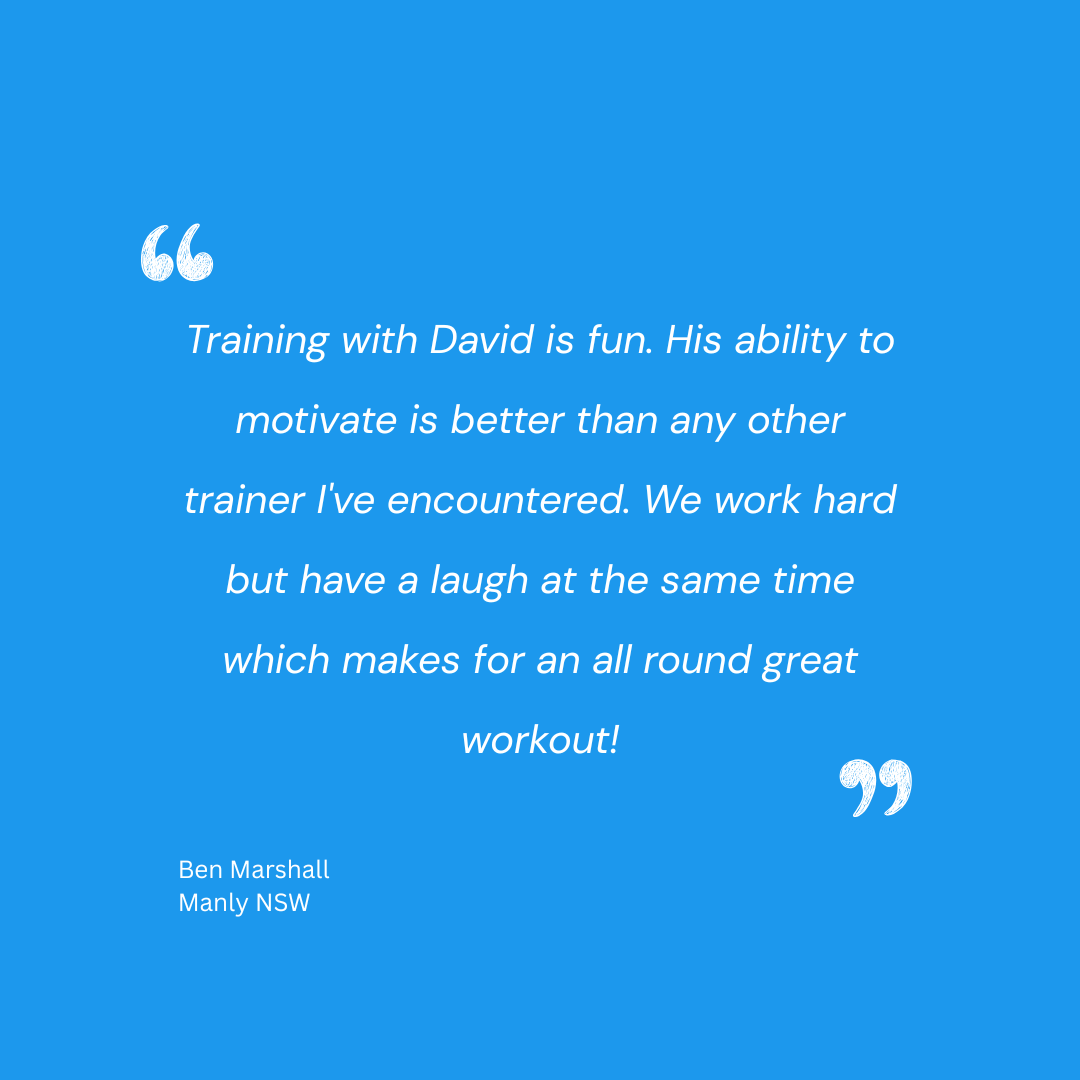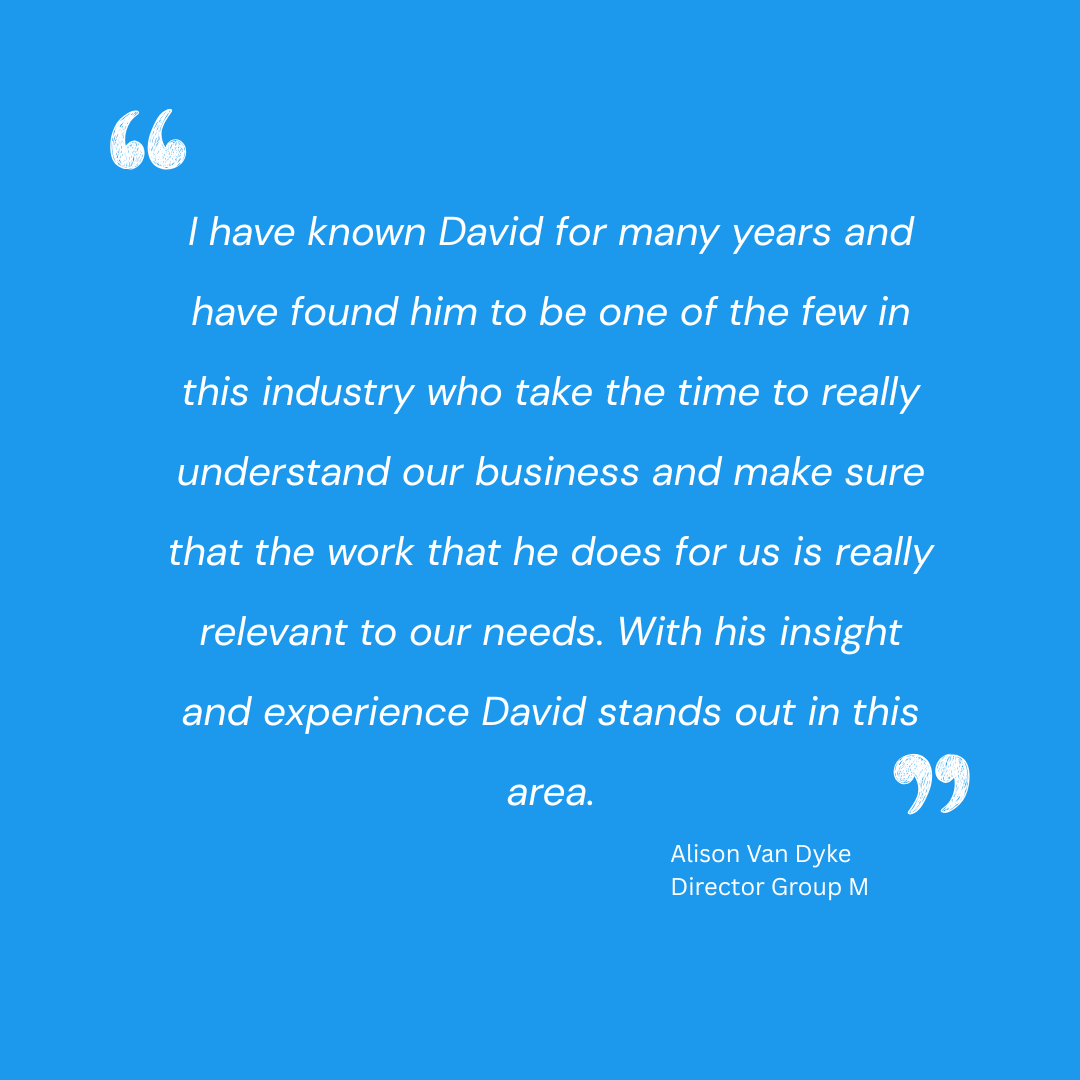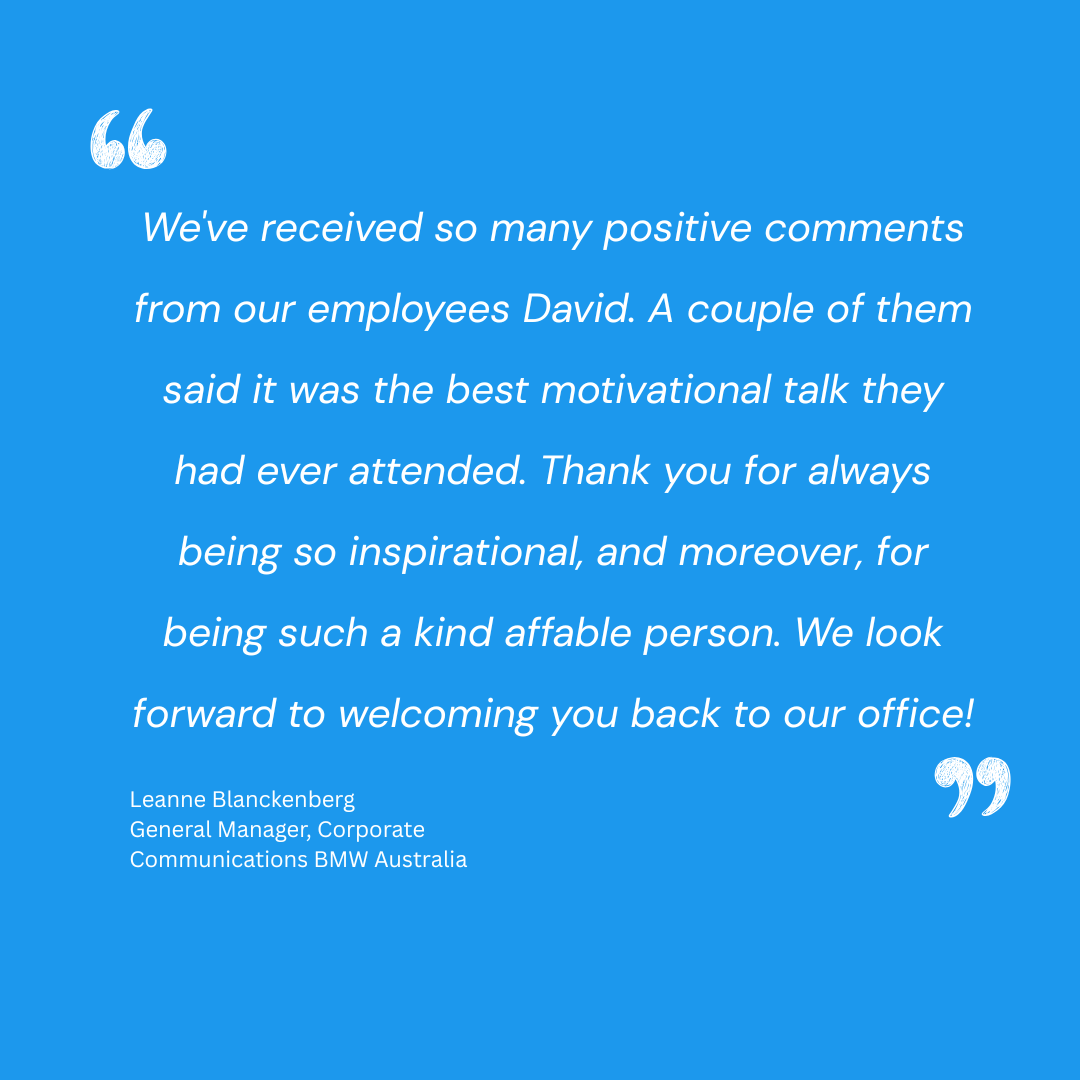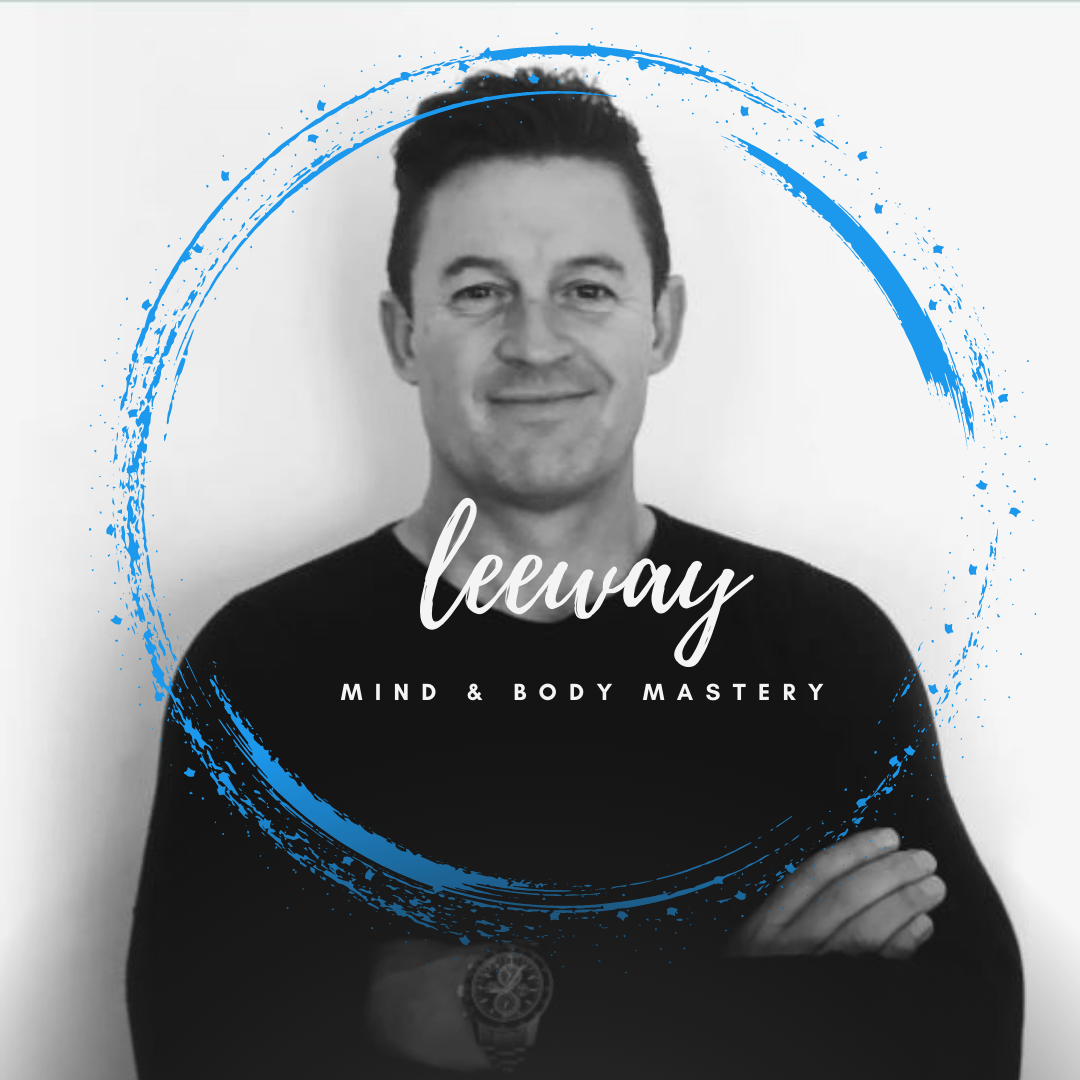Want Health & Fitness Results?
January 5, 2021
If you are looking to achieve long term results in your Health and Fitness, the best way forward is to approach the process with certainty of purpose.
Dreaming is wonderful, goal setting is crucial, but action is supreme. To make something great happen you must get busy and make it happen. Take that action step today that will put you on your path to achievement. Greg Werner.
If you are looking to achieve long term results in your Health and Fitness, the best way forward is to approach the process with certainty of purpose.
Certainty comes about once you have determined exactly what your goals are and a formula for achieving them.
I sat with a client last week to discuss what he wanted to achieve as a result of our time together. He wished (his words, not mine) to lose 14 kilos by November.
We then looked at how much time he had to commit to an exercise program as well as his eating habits. We discussed the sacrifices he was prepared to make and whether or not his goal was realistic.
We soon worked out that he would need to commit to much more time than he had available and severely restrict his food intake, to unrealistic levels, were his goals to be achievable.
We talked about a SMART plan for goal setting, that you can consider, while deciding upon some objectives for yourself.
The mnemonic SMART is a handy one to remember for setting goals for any area of our lives.
Mnemonics have been used for years to enable us to remember things, such as the order of the planets for example. My Very Excellent Mother Just Sent Us Nine Pizzas. Or Nothing, in the case Pluto has been downgraded.
The SMART goals setting system, works towards goal being Specific, Measurable, Achievable, Realistic and Timed.
A Specific goal would be to lose 5 kilos over the next 10 weeks. Is it Measurable? Yes, especially if you have weighing scales. Is it Achievable? Absolutely. Safe weight loss that is sustainable is ideal at a kilo per week. Is it Realistic? Definitely. When I say safe weight loss; one of my friends lost 5 kilos in the 4 hours it took him to run a Marathon. He had been training for it, but for the average character out there, that would cause some trauma, if indeed we finished the 42kms. Is the goal Timed? Yes; 10 weeks.
So in writing out your Health and Fitness Goals, follow the SMART formula.
An added bonus of the SMART formula is that you can’t hide your goals in your head. You are 4 times more likely to achieve any goal if it is written down. Trying to remember a goal, attached to a mnemonic is a goal in itself...
Another thought on goal setting, is that goals must be your own. You need the internal desire for the successful outcome of your goal to be driven to its fruition.
70% of any Wellness campaign will be diet related. This means that regardless of the motivational ability of your Personal Trainer, or how funny they are, what you do when they are not around will be completely driven by you.
Back to the drawing board, so to speak, and it makes surprisingly good sense, to write down your daily nutrient requirements, the food groups they will be derived from and your intended cardio and resistance in minutes, Oh, and how many mls of water as well. The ideal here is 30mls for every kilo of body weight.
That’s 3 litres if you’re 100 kegs...
Be well.
DL
Don’t keep this to yourself. Spread the word.

"How you wake up each day and your morning routine (or lack thereof) dramatically affects your levels of success in every single area of your life. Focused, productive, successful mornings generate focused, productive, successful days— which inevitably create a successful life." Hal Elrod (Author of The Miracle Morning )

"By three methods we may learn wisdom: First, by reflection, which is noblest; Second, by imitation, which is easiest; and third by experience, which is the bitterest." CONFUCIOUS In their book Ikigai: The Japanese Secret to a Long and Happy Life, Hector García and Francesc Miralles write that there is no word in Japanese that means to retire in the sense of leaving the workforce for good. The Oxford Dictionary defines ikigai as “a motivating force; something or someone that gives a person a sense of purpose or a reason for living”. In researching their book, García and Miralles spent time in the village of Ogimi on the Japanese island of Okinawa. Ogimi is known as the village of longevity. Its 3000 inhabitants enjoy the highest life expectancy in the world. In Japanese culture, retiring and not keeping mind and body busy is considered bad for your health since it disconnects your soul from your ikigai. Being of service to the village by continuing to be involved in community life or continuing to work is felt to be a key ingredient to longevity. In the book, 92-year-old resident Akira says: “Every day I wake up and go to the fields to grow tomatoes. Later I walk to the grocery store next to the beach and sell them. In the afternoon I go to the community center and prepare green tea for all my family and friends.” These Japanese people keep doing what they love and what they are good at even after they have left the office for the last time. The French, of course, have a similar expression—“raison d’être”—which the Oxford Dictionary defines as “the most important reason for somebody’s/something’s existence”. The more time I spend with spritely elderly people, the more I find they are still involved in their community as volunteers or working the job they loved before they “retired”. Like many of the lessons older people have taught me, we shouldn’t wait until we’re retired to adopt their happiness-inducing and youth-preserving behaviours. The definition of what makes people happy varies greatly, however in his book From Strength to Strength: Finding Success, Happiness, and Deep Purpose in the Second Half of Life, Arthur C. Brooks believes that the three major ingredients of happiness are enjoyment, satisfaction, and purpose. The satisfaction and enjoyment I receive from encouraging people to be better than they believe they are, and to press on in times of hardship, provides a real sense of meaning and purpose in my life. The Dalai Lama, when asked what surprised him most about humanity, replied: “Man. Because he sacrifices his health in order to make money. Then he sacrifices money to recuperate his health. And then he is so anxious about the future that he does not enjoy the present; the result being that he does not live in the present or the future; he lives as if he is never going to die, and then dies having never really lived.” I’ve coached many people who spent the first half of their lives chasing wealth and are now spending the second half of their lives chasing back their health. I’ve been coaching many more people lately who aren’t concerned about the health they have lost. They fear being cast aside and replaced by much younger yet inexperienced people, threatening the wealth they created while they adopted a “health is your wealth” mentality. Those deciding my client’s fates are themselves, in most cases, much younger than these seasoned campaigners. The dirtiest secret I keep for one of my good friends is his age. He invited me to his 40th, which was really his 50th and the younger folks were none the wiser. The best kept secret of my healthiest clients is also their age. I used to say the payoff of fitness is vanity. These days I say it is sanity. The peace of mind my fit "old" friends have is that they look younger than their age, because they look after themselves. In searching for ideas to support how I wanted to describe the collective suffering people have struggled with in the past yet are now enjoying equality and opportunities provided for them after many generations of struggle, ChatGPT served up the following. "Diversity refers to the presence of differences within a given setting. These differences can include various dimensions such as race, ethnicity, gender, age, sexual orientation, socioeconomic status, physical abilities, religious beliefs, political beliefs, and other ideologies." Unprompted, I was then offered, “In a broader sense, diversity encompasses the unique characteristics and perspectives that individuals bring to a group, organization, or society, enriching the collective experience and fostering a more inclusive environment.” I was invited to pitch for a consulting role with a global organisation 10 years ago and the friend who had organised the meeting warned me of the CEO’s bias toward younger people. Within 10 minutes of our meeting, the CEO was challenging the energy levels and enthusiasm of more experienced people as he called them, versus that of 20–30-year-olds. At this point, with the benefit of the heads up, I pulled out my phone and showed him a video to illustrate my point in age versus experience I went on to suggest that the challenge for the 3 standout players in this video was to teach the energetically enthused players how to do what they could do, while they were on the job, not in handover notes that will never be read.. I got the gig. I do think that ageism is the last blatant discrimination in the workplace and needs to be addressed by those with much more clout than my keyboard and contacts can achieve. The brave new world aside, Dame Carol Black from the Centre for Ageing Better brilliantly pointed out “Ageism compounds all other “isms”. Ageism and sexism; ageism and racism etc” A final word to the “whys” of those considering losing experience from their workforce is best left to Carole Eastern CEO of Ageing Better; “Ageism is prejudice against our future selves” The challenge for any generation is to assimilate with people of all ages. Most of the best advice I received in the workforce was bestowed upon me by older colleagues in a social setting for the cost of a steak and a wine, and most of the advice I have dispensed to younger colleagues has been dispensed the same way. Curiously, when I joined the workforce, the biggest shortcoming that was ever levelled at me was my lack of experience.. Age well. DL “The young have bad manners, contempt for authority, disrespect for their elders and a love for chatter instead of exercise. Children began to become the tyrants of their households ……. They no longer rise for their elders ….” Socrates
